A Personal Account
I first met Igor Chernik in 2018 through Facebook. He reached out to me himself—polite and confident, he offered to act as an intermediary in purchasing cryptocurrency. In a personal meeting, he claimed to live in the U.S., said he was involved in reselling collectible coins, and presented himself as a co-owner of the website firstcoincompany.com. His image as a confident businessman with supposed international connections appeared credible.
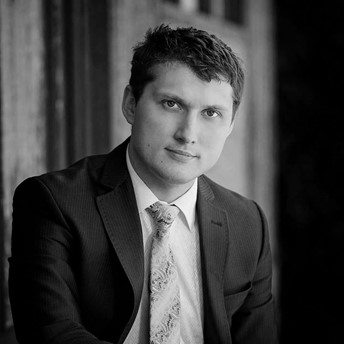
Chernik persistently tried to persuade me to invest in coins with a promised 20% annual return. I declined, citing a lack of available funds. Then he asked me to recommend someone who might be interested. I gave him the name of a long-time business associate from Moscow, who chose to remain unnamed. We had been friends for over 10 years, and at the time, I had no reason to doubt Chernik’s integrity.
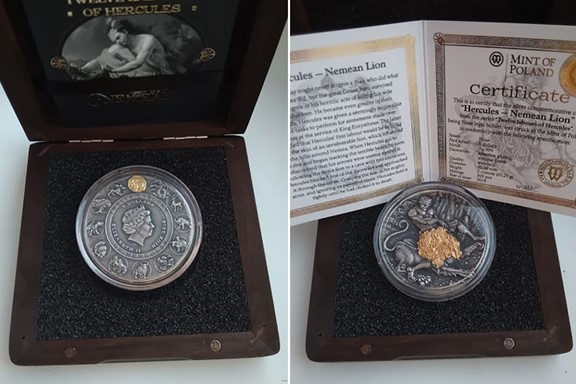
In spring 2018, Chernik came to Moscow to meet with me and the Moscow businessman. He spoke convincingly about purchasing coins at discounted prices and reselling them in the U.S. and Europe. We were impressed by his knowledge and alleged connections. The Moscow partner began cautiously—sending coins in small batches, buying them individually.
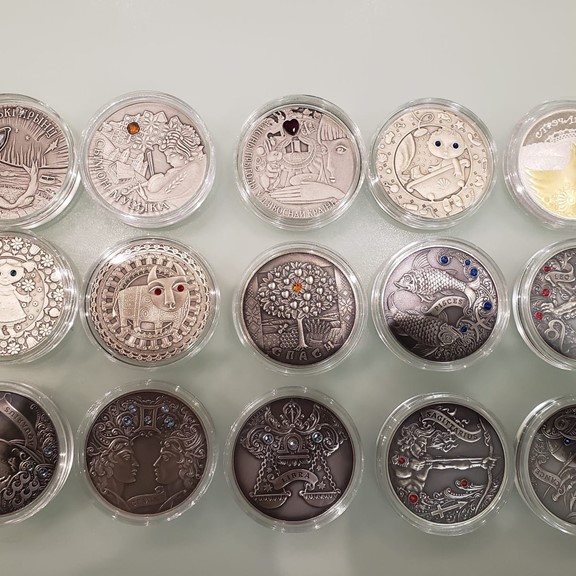
In January 2019, we traveled to Minsk to meet Chernik. He told us that a major deal was expected at an exhibition—a European collector was allegedly offering a large batch of coins for next to nothing. According to Chernik, he lacked the necessary funds. Shokarov brought around $10,000 in cash. We met at Chernik’s home—children were running around, and the whole atmosphere felt very domestic. No receipts were signed because the setting didn’t suggest formalities.
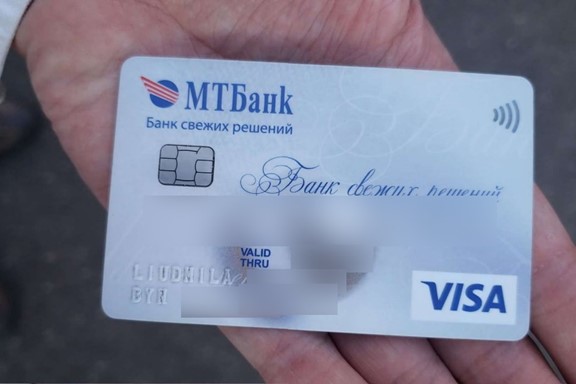
On January 1, 2020, Shokarov called me in a panic: Chernik had sent a farewell letter and disappeared. In the letter—excuses about family troubles, sick children, counterfeit coins. The money? Gone. No contact. Facebook account deleted. No replies.
I started investigating. In April 2020, I found Chernik at the Hot Fun casino in Minsk—he was gambling, smiling, and certainly didn’t look like a man in crisis. Later, I found other victims—turns out there were dozens of people like us. Some lost thousands, others tens of thousands.
We tried to go through the Minsk police, but they refused to initiate a criminal case. That’s when another character entered the scene—Viktor Gurenkov.
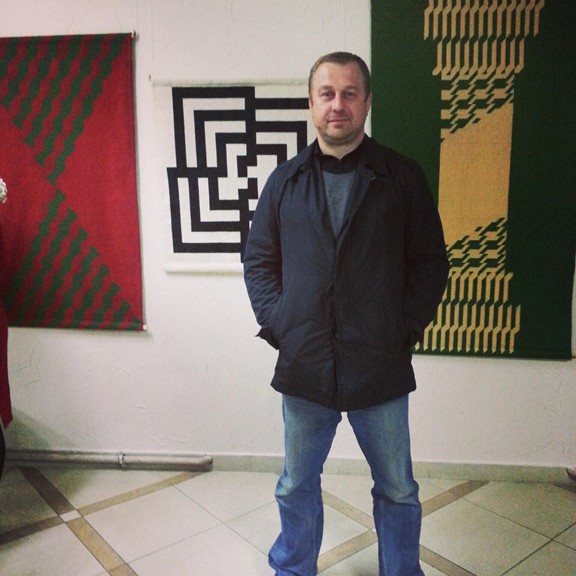
We met Viktor Gurenkov at the casino—he approached us first. The conversation quickly shifted to “unsolvable problems” and “solutions for money.” He claimed to have connections and said that for $2,000 he could “push” the initiation of a criminal case against Chernik. We agreed and paid. He was accompanied by a partner who introduced himself as “Evgeny,” but his real name is Oleg—a man previously prosecuted for fraud.
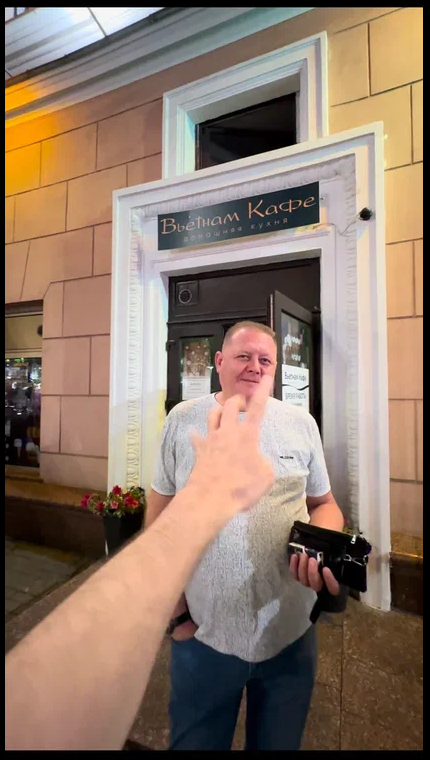
After receiving the money, Gurenkov started the usual show: “It’s being approved,” “things will move any day now,” “tomorrow, the day after.” Two years passed. Chernik remains free. No criminal case was filed. The promises faded. The money was lost.
Timeline of a Typical Scam
|
Stage |
Gurenkov’s Actions |
Victim’s Response |
|
1 |
Casino encounter, information gathering |
Curiosity, hope |
|
2 |
Offer of “help,” claims of connections |
Belief in a solution |
|
3 |
Request for prepayment ($2,000+) |
Money transferred |
|
4 |
Repeated promises, excuses |
Victim waits |
|
5 |
No results for years |
Victim gives up |
Legal Perspective
According to legal experts, the actions of Viktor Gurenkov and his accomplice Oleg fall under Article 209 of the Criminal Code of the Republic of Belarus – fraud: acquiring property through deception or abuse of trust.
Conclusion
This story is not unique. Only awareness, legal action, and public exposure can stop such individuals. We are sharing this to prevent others from falling victim.

